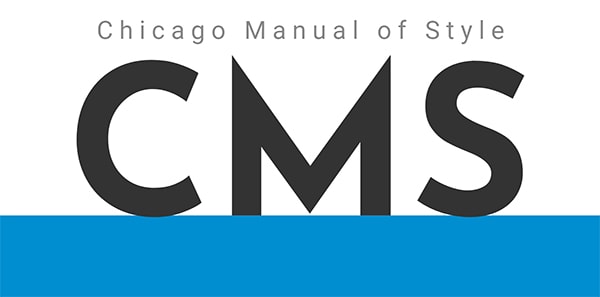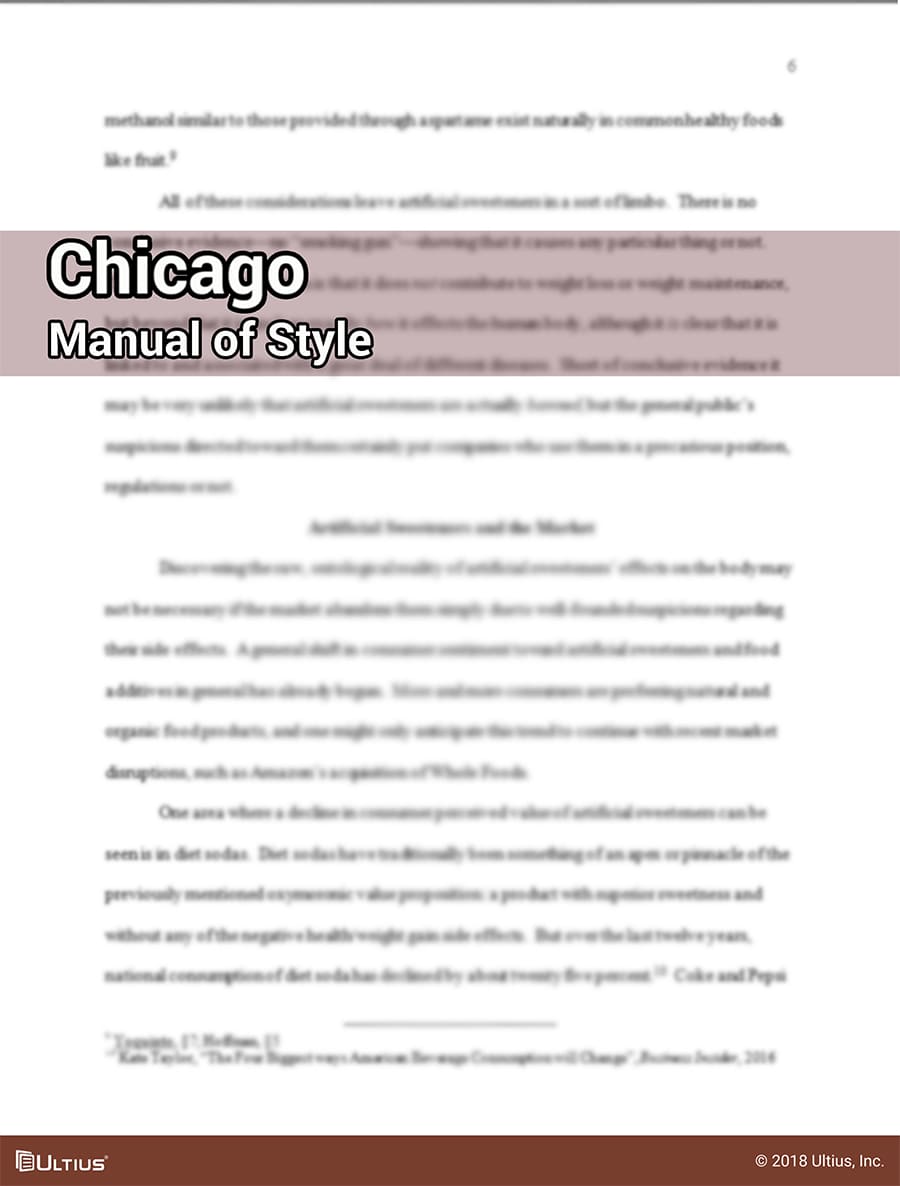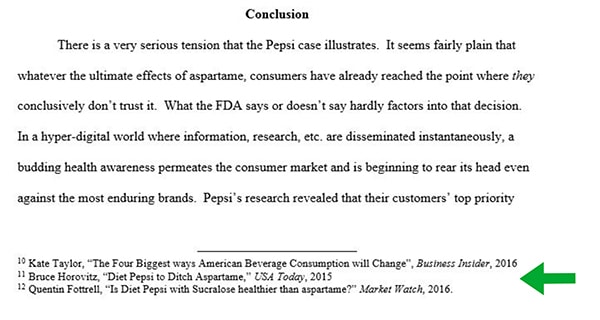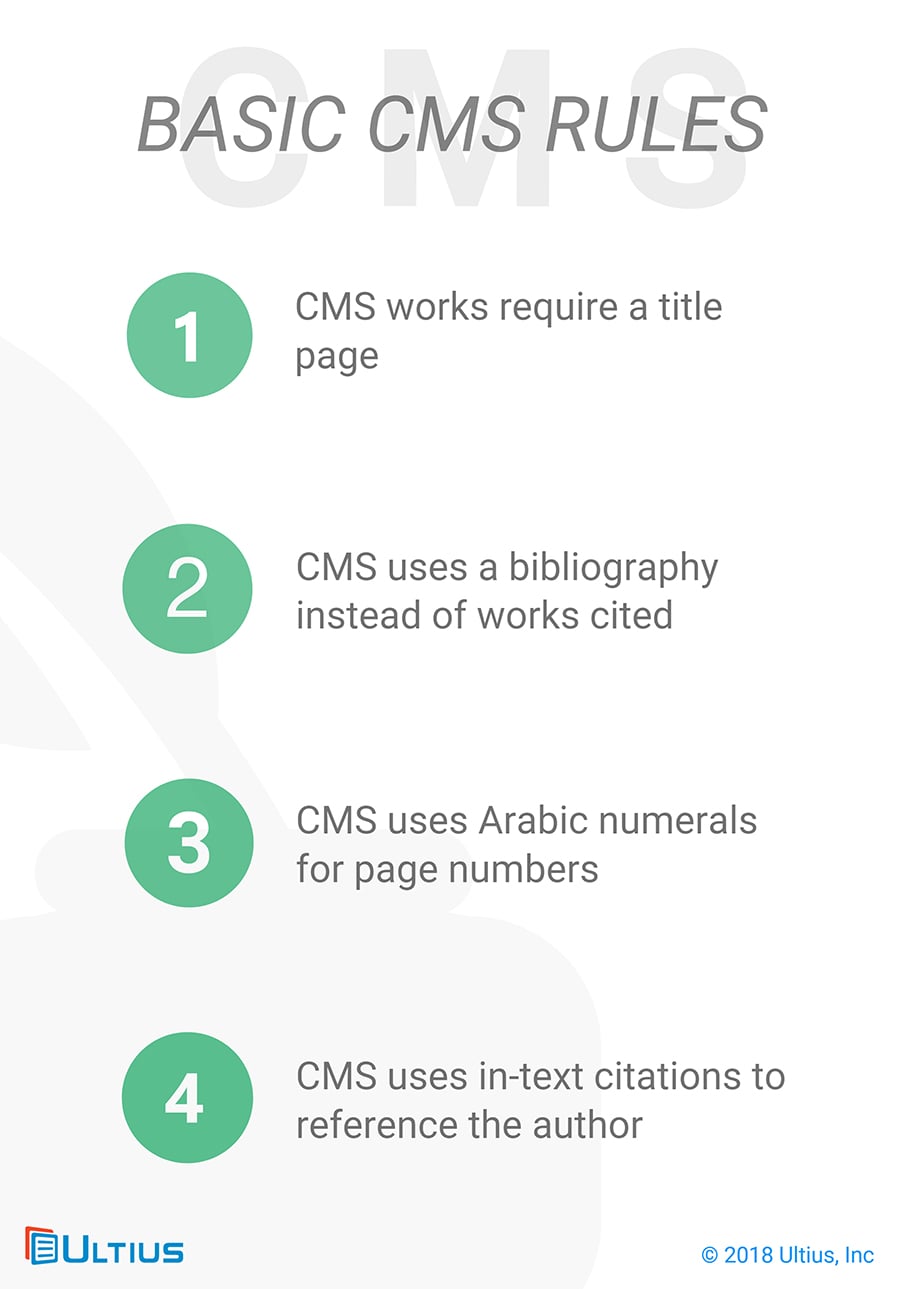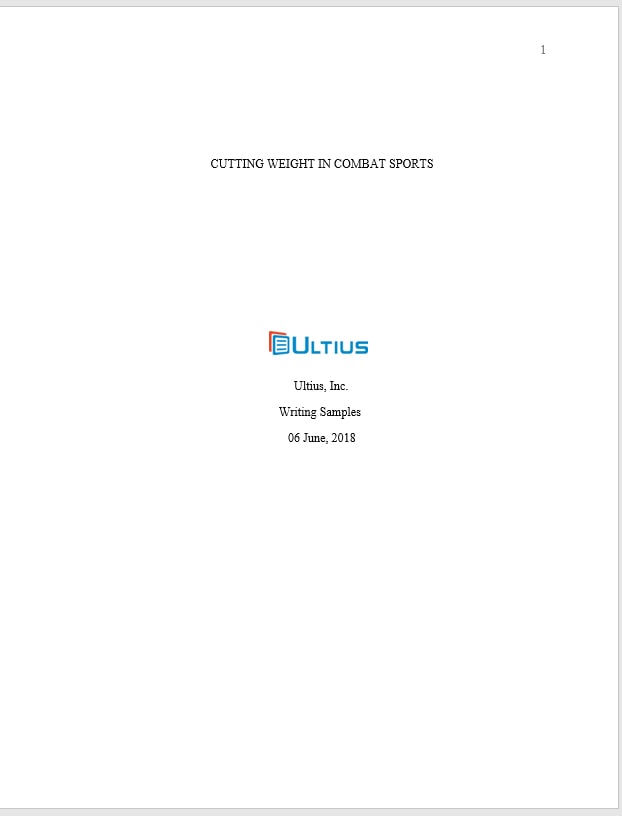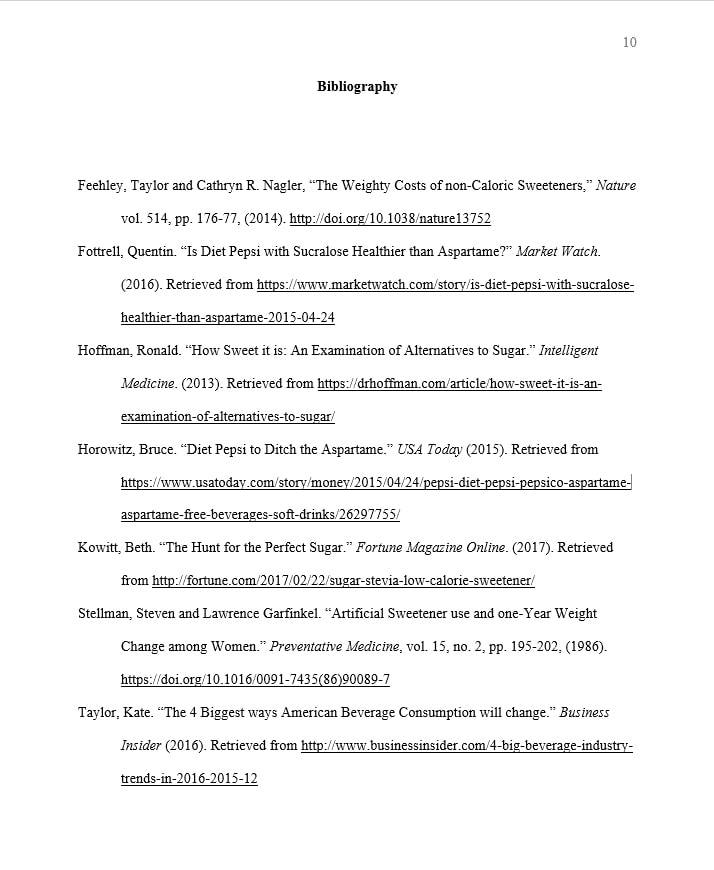How does buying a sample CMS paper from Ultius help me?
Ultius works with professional American writers who understand how to use Chicago manual style for research
The Chicago Manual of Style (CMS) is quite different from other professional writing styles, and you need a qualified writer who understands the nuances and differences. CMS rules call for references, footnotes, and a very different format from what you’re probably used to writing.
We work with writers who will guide you through this process and create a detailed document complete with a title page, properly formatted headings, and a bibliography or reference section.
Included with your sample CMS paper
Ultius always offers the following features with our sample papers
- 275 word page count
- Topic Specialists
- Free revisions (see terms)
- 24/7 Support
Elements of a great CMS paper
CMS style is used for many types of research papers and should include the following
- Bibliography
- Title page
- Footnotes
- Correct headings
All American Writers
Ultius only works with American writers based in the United States
No Plagiarism
Ultius does not condone plagiarism and scans every sample order with plagiarism software
Scanned daily

A+ BBB Rating
256-Bit SSL Encryption
How does buying a sample CMS paper work?
We provide an easy ordering process designed to meet your deadline and criteria. Simply choose your delivery time and provide detailed instructions. Common information provided to the writer includes specific research details and topic, page length, and specific formatting guidelines. You also can specify whether your document needs charts or graphs.
Buy
Sample
Meet
writer
Receive
Order
Our writing process is collaborative. You can ask the writer about their strategy or identify specific section importance. Your writer will give progress updates or request additional information.
Benefits of choosing Ultius for your sample CMS paper
When you choose Ultius for your sample, you get the following benefits and more!
Everyone wants to make a great first impression. Submitting a professionally written CMS paper will impress your colleagues. We work with writers who excel at creating projects not only catch the reader’s attention but enhances their understanding of the topic.
Working with a professional writer helps you avoid plagiarism. All quotations, paraphrases, and original ideas must be attributed to avoid this serious infraction. Your writer will cite each reference and create a professionally formatted reference list.
-
Buying a sample CMS paper ensures you have all the help you’ll need
Ultius works with expert writers who create professional projects that impress and inform your audience. We encourage two-way communication with your writer and offers a chance to learn from your experience.
-
Work with professional Chicago style writers you trust
Ultius works with top professional writers and has strict selection criteria. We only accept 6% of applicants. CMS writers hold advanced degrees in subjects including philosophy, chemistry, and literature.
-
CMS writers help you avoid plagiarism
Plagiarism will hurt your professional reputation. Working with a professional writer helps prevent this. CMS writers attribute content using footnotes and reference section. Every order is scanned through Copyscape plagiarism checker.
-
Let your writer do the heavy lifting
Our clients lead busy lives and rarely have time for the endless Chicago style guidelines. Avoid working late hours. Let your writer help lighten the load. Your project even helps save time on future CMS projects.
If you need another project on a different subject, returning clients also can request the same writer on future projects. Ultius selects professional writers with experience writing Chicago style research papers in various topics such as child psychology, the socioeconomic impact of food stamps, and politics during presidential elections.
FAQ about buying sample papers from Ultius
Ultius is here to answer any questions you may have before purchasing your sample paper
Trusting another person with your important Chicago research paper is difficult. You have many questions about the service. Many clients often have questions before selecting a professional Chicago style writer.
They want to know if the writer will understand their topic, what research is used, or whether their project will arrive on time.
While we have tried to provide answers to the most common Chicago style order questions, we understand clients have questions about the order process, pricing, and revision policy.
- Will the writer understand my advanced topic?
Ultius only works with writers who have demonstrated an ability to write papers in various advanced topics such as the direct observation of gravitational waves and nursing ethics. Each writer reviews the topic, instructions, and your comments prior to accepting your order.
Some writers hold doctoral and master’s degrees in advanced fields such as chemistry, psychology, and legal studies. You have the option to specify whether you want a doctoral or graduate level writer to work on your project. - How does the writer gather research? Is it accurate?
Writers are trained to gather peer-reviewed research from various academic databases. Common databases include ebscoHOST, JSTOR, and LexisNexis. Your writer will guarantee all data is vetted by an editorial review board.
Your writer also will use the research guidelines you specify. If you have already gathered the research yourself or are required to use specific studies and material, simply email an attachment to the writer and they will implement the information. - Will my CMS project arrive on time?
We have a strict deadline policy that all writers and editors must follow. All orders must be submitted on time. Simply tell us how quickly you need your project and your writer will deliver. We even deliver papers with a four-hour notice.
Sometimes writers have emergencies that prevent them from delivering on time. But we have you covered. Ultius works with urgency writers who will take up the project and ensure deadline adherence.
You can visit our FAQs page for more information or chat with us using the link at the top of every webpage.
Examples of a CMS paper written by Ultius
Ultius works with writers experienced at creating CMS papers in multiple disciplines and topics
Selecting a professional company to help you create a strong Chicago style project is difficult. It’s not like window shopping at the mall or trying the product before purchase. Working with a writer requires trust. That’s why we provide several CMS samples to show you we are trustworthy.
Writers have created papers in multiple subjects including the impact of nutritional products, fairness in high impact sports, and how your body processes food.

Researching Artificial Sweeteners Are artificial sweeteners harmful or beneficial to your body? Researchers found proof there are truths behind booth claims. Most commonly found in food and drink, artificial sweeteners provide an alternative for diabetics and people looking to reduce caloric intake. Sugar substitutes also come with some health risks as well. This Chicago style research paper will explore the main controversies over artificial sweeteners Continue reading |

Cutting Weight in Combat Sports Combat sports such as wrestling, boxing, and mixed martial arts (MMA) are a pop culture staple. There’s more to the game than simply placing opponents in the ring. They are classified according to physical weight to ensure a fair match. “Fighters” undergo rigorous physical training and dieting to lose excessive amounts of weight. This sample CMS research paper examines the danger of cutting weight in combat sports. Continue reading |

Sugar, Sweeteners, and Metabolism Metabolism is one of the most important processes in our bodies. It controls the breaking down and building up of energy and keeping our bodies full of the necessary fuel we need each day. There are some foods and nutrients that metabolize differently. Sugar and artificial sweeteners are one of the two “opposite” foods that break down differently in the body. This sample Chicago style research paper analyzes how the body metabolizes sugar and artificial sweeteners. Continue reading |
|
Want more samples? Check out our free samples page or use our site search. |
This is by no means an exhaustive list. Writers have created sample papers in other disciplines and style guidelines. Writers even have experience writing resumes and business documents for our clients. Review more of our sample work here.
Composing a clear, concise, and consistent CMS paper
The Chicago Manual of Style (CMS) is one of the oldest and most well-respected style guides
In fact, it has even been referred to as the “editor’s bible.” CMS is most often used in the field of history, but is also utilized in literature, the arts, and the social sciences.
It is used so widely because of its flexibility and comprehensiveness, allowing writers to experiment stylistically to produce an end product that suits their needs.
For instance, an author is permitted to use both the author-date system and/or the notes-bibliography system for in-text citations, as long as the end product is clear, concise, and consistent.
-
1CMS author-date system
When referring to an outside source, the author and date of publication appears in parentheses after the quotation, paraphrase, or summary in the new work
The author-date system used in CMS is similar to APA and MLA. The reader must refer to the references page in order to obtain full bibliographic information (i.e. title of work, publisher, etc.). While there are variations on how the author-date system can be applied (covered below).
Generally, a citation will look like this:
Research has found that students do not always cite their work properly (Smith 2016).
-
2The notes-bibliography system utilizes footnotes or endnotes to cite an outside source
A note with the bibliographic information for that source will either appear as a footnote at the end of the page, or as an endnote at the end of each chapter or at the end of the entire document.
-
3Every CMS Paper must include a title page, main body, and a list of references
CMS lists references often as a bibliography
While CMS offers its users flexibility in some areas, like the in-text citation format, there are three major sections that must be included in every paper:
- A title page
- A main body
- And a list of references
The step list below will outline in detail how to use each one correctly.
How to write a CMS Paper
Like most academic papers, a CMS paper includes a title page that offers basic information about the paper’s author and the class it was written for; a main body with an introduction, subsections using proper headings and citations, and a conclusion; and references cited both in the text and on a separate page at the end of the paper.
Step 1: Title page
The title page is the first page of a CMS paper. While they are not always required, it is a good idea to include one if your professor did not specify to do so
The title appears in all caps, centered, and one-third of the way down the page. The author's first and last names are centered and about two-thirds down the page. Directly underneath the author, the class information appears and is centered, along with the date right below it.
Step 2: Main body
The main body of a CMS paper generally consists of an introduction, several subsections, and a conclusion
Page numbers should appear in a header at the top right of each page of the main body with an Arabic numeral, beginning with 1.
Introduction
The main body begins with an introduction that initiates the paper and tells the reader what to expect. Introductions should always contain a thesis statement that outlines the main idea(s) of the paper. It may also describe the subsections to follow. Your writing will begin directly below the title, no extra spaces needed. It starts on the first line, indented ½ inch.
Headings and Subsections
It is important that the correct heading styles are used for the different levels of headings in each subsection.
Longer papers should always be broken down into subsections for ease of reading. Each subsection should have a new heading that tells the readers what they will find in that section.
| Level | Format |
| 1 | Centered, Boldface or Italic Type, Headline Style Capitalization |
| 2 | Centered, Regular, Headline Style Capitalization |
| 3 | Flush Left, Boldface or Italic Type, Headline Style Capitalization |
| 4 | Flush left, Roman type, sentence-style capitalization |
| 5 | Run in at beginning of paragraph (no blank line after), boldface or italic type,sentence-style capitalization, terminal period. |
Step 3: Citations
CMS allows for some flexibility in citation style, however, all outside sources must be cited in either author-date or note-bibliography style within the text
Whichever style you choose, a quotation of five or more lines should always be “blocked.” This requires using single-spacing, ½ inch indentations, and adding an extra space before the quotation begins and after it ends. No quotation marks are needed.
Example of a block quote
Rose eloquently sums up his argument in the following quotation:
In a society of control, a politics of conduct is designed into the fabric of existence itself, into the organization of space, time, visibility, circuits of communication. And these enwrap each individual life decision and action—about labour [sic], purchases, debts, credits, lifestyle, sexual contracts and the like—in a web of incitements, rewards, current sanctions and foreboding of future sanctions which serve to enjoin citizens to maintain particular types of control over their conduct. These assemblages which entail the securitization of identity are not unified, but dispersed, not hierarchical but rhizomatic, not totalized but connected in a web or relays and relations.
Author-date system
The author-date system requires that quotations, summaries, and paraphrases be followed by the author’s last name and the date of publication in parenthesis following the cited information. The author-date system is one of the most common ways to cite your work in many different styles.
In-text citations are usually placed just inside the ending punctuation (period, exclamation point, question mark). Block quotations, however, are an exception to this rule and the citation is placed outside the ending punctuation. Additionally, all sources must be listed in a references page at the end of your paper (see references/bibliography section below).
For paraphrases and summaries, only the author and publication date, separated by a space, are necessary. No comma is needed between the author and date.
The parenthetical should be placed inside the ending punctuation (period, question mark, exclamation point) of the sentence:
Research has found that students do not always cite their work properly (Smith 2016).
When quoting directly from a text, page numbers are used along with the author’s name and date of publication. In this case, put a comma after the year and type the page number the quote can be found on directly after the date:
Research shows that “not all students cite their work consistently and correctly” (Smith 2016, 24).
When an author's name is used in the text, only the date of publication is needed:
Research done by Smith found that students do not always cite their work properly (2016).
Note-bibliography system
The note-bibliography system uses footnotes or endnotes to cite outside sources. The first note for each individual source must include: the author’s full name, the source’s title, and details of the source’s publication.
If you cite the same source again, the note only needs to include the last name of the author, a shortened form of the title, and the page number(s) referenced. When citing the same source two or more times in a row, the subsequent notes should use the word “Ibid.,” (Latin for “ibidem,” or “in the same place”) rather than repeating the same information multiple times.
Both footnotes and endnotes are listed numerically, beginning with a superscript number 1 (“1”), and followed by a period. Footnotes appear at the bottom of each page, while endnotes appear either at the end of each chapter, or the end of the entire document. In the notes themselves, the note numbers are written in normal text (not superscript) and followed by a period.
The first line of a footnote is indented ½ inch from the left margin and subsequent lines are formatted flush left. There should be an extra line between footnotes. Any commentary you may want to include should come after the bibliographical information, separated by a semicolon (“;”).
Endnotes utilize the same format as footnotes, but appear the end of the document, before the bibliography, on a separate page entitled “Notes”:
Keep in mind that excessive commentary may be confusing and distracting to the reader, so you may want to consider using endnotes rather than footnotes if you are including a lot of commentary.
Step 4: Bibliography/References
A full list of bibliography/reference information must be included in all CMS papers
For notes-bibliography style, your reference list will be titled “Bibliography,” and for author-date style it will be titled “References.” Leave two blank lines between the page title and your first entry and one extra line between remaining entries. All entries should appear in alphabetical order according to the first word in each entry (generally the author’s last name).
Example bibliography page
Works with two to three authors should include all of the authors’ names, written last, first (ie. Smith, James). Works with four to ten authors should include the names of all authors in the bibliography, but only the first author’s name plus “et al.” in notes and parenthetical citations.
Some papers may require an annotated bibliography, where each citation also requires a short paragraph describing the information taken from the each source.
When a source has no identifiable author, cite it by its title, both on the references page and in parenthetical citations throughout the text. Use access dates only when publication dates are unavailable.
If there is no publication date, use the abbreviation “n.d.” (“no date”). If there are no page numbers in the document you are citing, cite the section (sec.), equation (eq.), volume (vol.), or note (n.).
All entries begin with the author’s name listed last, first. Then the title of the work with articles or chapters in quotation marks followed by the title of the book or journal in italics. Next, include the year of publication followed by a colon (“:”) and the page numbers referenced. All entries should be single-spaced with an extra line between each entry. The first line of the entry begins flush left, while the subsequent lines will be indented ½ inch.
Additional CMS guidelines
As you can see, CMS is quite comprehensive. It is perfectly natural to feel overwhelmed and confused the first few times you write in CMS style. Do not get discouraged--if you follow this guide and the additional guidelines below, you will surely be on your way to composing impressive CMS papers that are clear, concise, and consistent.
- Margins should be set between 1 and 1 ½ inches
- Typeface should be readable, such as Times New Roman or Palatino
- Preferably, font size should 12 pt., but no less than 10 pt
- Main body text should be double-spaced, with the following exceptions, which should all be single-spaced:
- Block quotations
- Table titles
- Figure captions
- Notes and bibliographies should be singled-spaced with an extra line between note and bibliographic entries
- Page numbers should begin in the header of the first page of text with Arabic number 1
- Sub-headings should be used for longer papers (see above for leveled heading format)
- Titles mentioned in the text, notes, or bibliography are capitalized “headline-style”
- Capitalize first words of titles and subtitles
- Capitalize any important words
- Use quotation marks or italics for titles in the text as well as in notes and bibliographies
- Titles of larger works (books and periodicals) should be italicized
- Titles of shorter works (articles and chapters) should be enclosed in double quotation marks
Still confused? Consult our writer help section, or the following websites for additional guidance:


